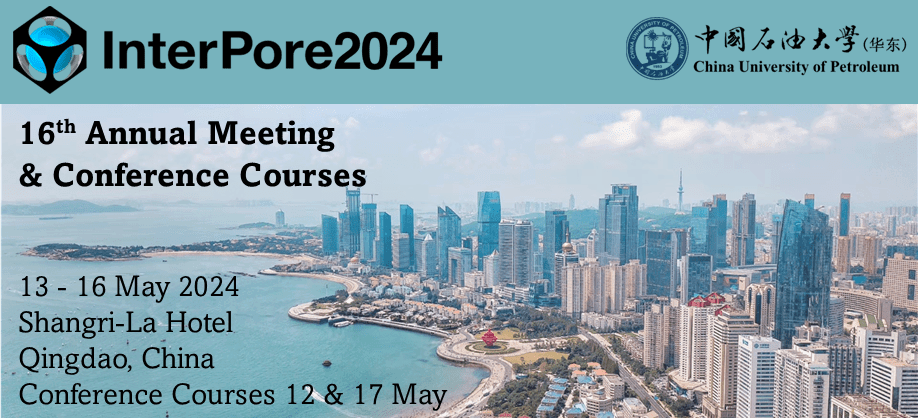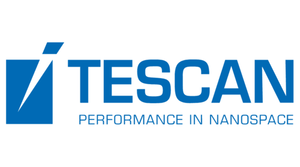Speaker
Description
In order to enhance acid penetration depth and fracture conductivity, acid fracturing techniques involving the alternating injection of non-reactive fluids (fracturing fluids) or weakly reactive fluids (self-generated acid) with acid are considered a pivotal enhanced oil recovery rate in carbonate reservoirs. In recent years, the CO2-enhanced acid fracturing technique has gained prominence in the Middle East. This method adopts a mixed injection mode of CO2 and acid liquid in the wellbore, featuring the advantageous effects of retarding acid-rock reaction rates, improving fracture conductivity, and conserving water. However, its application in deep wells is limited by the high friction associated with the mixture of CO2 and acid. Supercritical CO2 and acid alternating injection, conducted under the conditions of conventional acid fracturing with established dominant fracture channels, involves supercritical CO2 injection to reduce the flow resistance of CO2 into the reservoir, showcasing potential for application in deep wells. Nevertheless, the impact of supercritical CO2 and acid alternating injection on hydraulic fractures and conductivity has not been reported.
This paper utilizes a self-developed supercritical CO2 acid etched fracture conductivity simulation device and employs downhole cores to conduct experiments on hydraulic fracture acid etching and conductivity under two scenarios: alternating injection of weakly reactive fluid (self-generated acid) with gelled acid and alternating injection of supercritical CO2 with gelled acid.
Research results indicate that supercritical CO2 and gelled acid alternating etching exhibits more pronounced elevation variations on the fracture surface, demonstrating a stronger and more dispersed non-uniform etching compared to the self-generated acid/gelled acid alternating injection mode. In terms of fracture conductivity, CO2/gelled acid alternating injection exhibits higher initial fracture conductivity, and under medium to high closure pressures (≤52MPa), self-generated acid/gelled acid alternating injection demonstrates higher conductivity. However, at high closure pressures (>52MPa), the supercritical CO2/gelled acid alternating injection mode can create higher fracture conductivity.
This study experimentally explores the impact of supercritical CO2 and acid alternating injection on fracture conductivity, demonstrating that for deep carbonate reservoirs with high closure stress, adopting this mode has the effect of reducing the usage of non-reactive or weakly reactive fluids and enhancing fracture conductivity under high closure pressure.
| Country | China |
|---|---|
| Conference Proceedings | I am interested in having my paper published in the proceedings. |
| Acceptance of the Terms & Conditions | Click here to agree |




.jpg)
